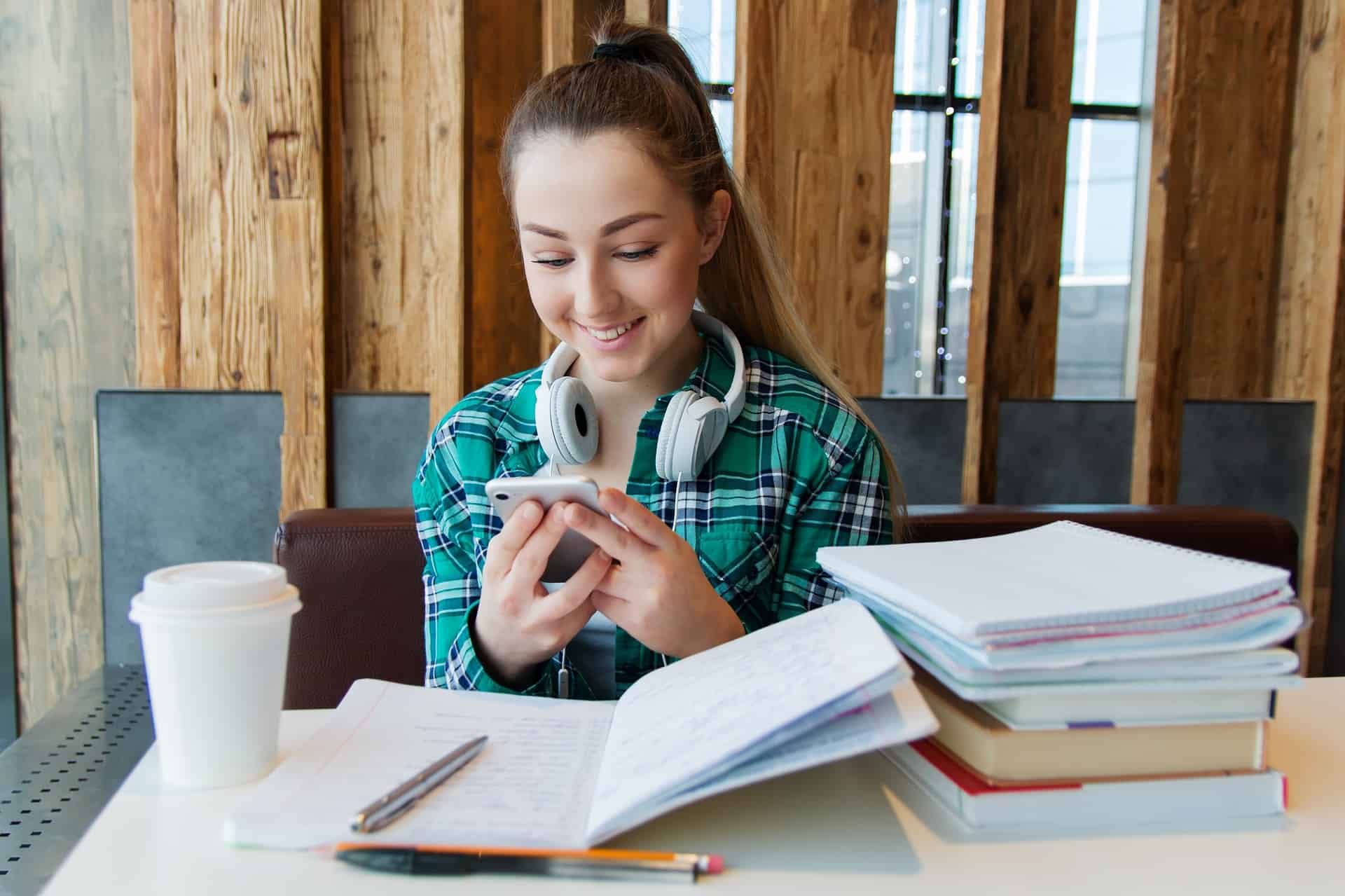by Amy Geller
It is an understatement to say that adolescence is an important and impressionable time in a child’s life. So, the question is: how can you be both loving and effective in supporting your teenager when it comes to virtual learning? The key lies in striking a balance between being an encouraging and guiding resource for your child’s learning and knowing when to give her space.
In the world of child psychology, there are typically four known “parenting styles.”
These are permissive, authoritarian, neglectful, and authoritative, where authoritative is the style to strive for. While permissive parenting is too hands-off, authoritarian is too hands-on, and neglectful can be dangerous, authoritative parenting is the current gold standard as it combines healthy discipline with parental warmth. Research overwhelmingly demonstrates that parenting styles and perceived attitudes of parents by their children have an effect on academic performance. Nannies who care for children learn about parenting styles in the Advanced Childcare Certification program.
Authoritative parenting is a happy medium.
Authoritative parenting provides a grounded parental figure with authority mixed with an understanding and approachable familial atmosphere. Studies show that this style is key to fostering your adolescents’ development. One such study looked at schools in Ghana and measured authoritative parenting and educational achievement. For both mothers and fathers alike, this study found that authoritativeness was significantly and positively correlated with educational achievement in these students. Another study analyzed schools in Lisbon. The researchers created a scale to parse out parenting attitudes regarding schooling. The researchers created two categories of parental attitudes towards school: the first focusing on parental assistance with helping students learn, even when their grades were low, and correct their errors. The second parenting attitude was more concerned with grades and academic achievement. It was found that perceptions of parents focused on the learning process were positively associated with academic self-concept, self-esteem, school performance, and task orientation.
Parental attitudes focused on performance had generally adverse effects regarding these concepts. This is another example of why parents should strive to be authoritative with their children when it comes to getting involved in their schooling. These two examples demonstrate that authoritative parenting style is not only crucial for academics–but can actually go so far as to impact a teenager’s self-esteem.
Where do we go from here? The most important tip for mastering that authoritative parenting style to help your high schooler during the trying time of remote learning is to establish balance. Striking a balance between prioritizing school and avoiding burnout is imperative for your child’s health and grades. There is a fine line between pushing your child too hard with school and not monitoring her enough. Here are two strategies to keep in mind:
Parents should ensure their children have a set routine.
Virtual learning blurs the line between school and home life. This can be stressful for teenagers as it can feel like they can never escape their classes. One way to remedy this is to create a specific work environment. Like with an office job, your child should have a designated space to do her work. Definitely avoid allowing your teenager to log on to class in her bed, covers up, hoodie on. Creating a school-like environment will train your child’s brain to be in a focused mindset. When your teen is at her desk, her mind will know it’s time for focus.
Having an open and realistic conversation with your teenager about after school hours would also help. Maybe this means setting an agreement to do homework at the dining room table for two hours so that you can keep an eye on her. But maybe she also needs to have one hour of time to herself before diving into her studying again. Time to let your child breathe should be woven into this routine as well.
Parents should be lenient with relaxation and fun
It is no secret that the pandemic has taken an emotional toll on everyone. Adolescents can be especially fragile, and being too strict with school could only worsen their mental health. According to your state’s guidelines, allowing your child to see friends in a COVID-safe manner is necessary to ultimately foster their academic performance in the long run. Locking your teen away to study will not get her to study. Grant your child social freedom because in return it will build their trust with you. With this trust, she will likely be more open about her academic difficulties, rather than closing off and not discussing her classes.


Recent Comments